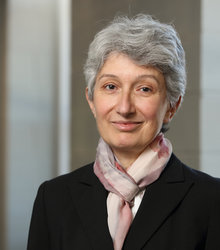
Despina Louca
Ph.D., 1997, Pennsylvania
Maxine S. and Jesse W. Beams Professor of Physics
Department Chair
Experimental Condensed Matter Physics
Research Interests
Professor Louca studies phase transitions in condensed matter systems. Louca is interested in understanding how the underlying interactions involving the spin, charge and lattice degrees of freedom lead to emergent behaviors and properties such as polaron formation, Jahn-Teller type distortions, spin and charge density waves, superconductivity and quantum spin liquid states. The most recent systems of interest include topological insulators and semimetals, spintronic antiferromagnets of the I-Mn-V class, transition metal dichalcogenides, disorder superconductors, layered semiconductors, charge density wave dichalcogenides etc. These systems have underlying macroscopic functionalities that can potentially lead to industrial applications. The bulk of this research is performed at national and international neutron and X-ray facilities. The Louca group is also involved inmaterials synthesis and characterization of bulk properties, performed at the University of Virginia.
Selected Publications
- “Gapless Dirac magnons in CrCl3”, John A. Schneeloch, Yu Tao, Yongqiang Cheng, Luke Daemen, Guangyong Xu, Qiang Zhang, and Despina Louca, NPJ Quantum Materials 7, 66 (2022). https://doi.org/10.1038/s41535-022-00473-3.
- “Lattice and magnetic dynamics in YVO3 Mott insulator studied by neutron scattering and first-principles calculations”, Yu Tao, Douglas L. Abernathy, Tianran Chen, Taner Yildirim, Jiaqiang Yan, Jianshi Zhou, John B. Goodenough, and Despina Louca, Phys. Rev. B 105, 094412 (2022).
- “Large change of interlayer vibrational coupling with stacking in Mo1-xWxTe2”, J. A. Schneeloch, Y. Tao, J. A. Fernandez-Baca, G. Xu and D. Louca, Phys. Rev. B 105, 014102 (2022).
- “Charge-ordered state satisfying the Anderson condition in LiRh2O4 arising from local dimer order” M. Shiomi, K. Kojima, N. Katayama, S. Maeda, J. A. Schneeloch, S. Yamamoto, K. Sugimoto, Y. Ohta, D. Louca, Y. Okamoto, and H. Sawa, Phys. Rev. B 105, L041103 (2022).
- “Bismuth kagome sublattice distortions by quenching and flux pinning in superconducting RbBi2”, Sharon S. Philip, Junjie Yang, Despina Louca, P. F. S. Rosa, J. D. Thompson, and K. L. Page, Phys. Rev. B 104, 104503 (2021).
- "Metal-insulator transition and doping-induced phase change in Ge2Sb2Se5xTe5-5x", Z. Xu, K. Park, J. A. Schneeloch, and D. Louca, Applied Physics Letters 117, 193503 (2020).
- “Evidence for pseudo–Jahn-Teller distortions in the charge density wave phase of 1T-TiSe2”, A. Wegner, J. Zhao, J. Li, J. Yang, A. A. Anikin, G. Karapetrov, K. Esfarjani, D. Louca, U. Chatterjee”, Phys. Rev. B 101, 195145 (2020).
- "Charge Density Modulation and Defect Ordering in NaMnBi magnetic semimetal", A. Wegner, D. Louca, K. Taddei, J. Neuefeind, D. Louca, Phys. Rev. B 102, 020403(R) (2020).
- "Td to 1T′ structural phase transition in WTe2 Weyl semimetal", Y. Tao, J. A. Schneeloch, A. A. Aczel, and D. Louca, Phys. Rev. B 102, 060103(R) (2020).
- "Evolution of the structural transition in Mo1−xWxTe2", J. A. Schneeloch, Y. Tao, C. Duan, M. Matsuda, A. A. Aczel, J. A. Fernandez-Baca, G. Xu, J. C. Neuefeind, J. Yang and D. Louca, Phys. Rev. B 102, 054105, (2020).
- “Nanoscale Atomic Distortions in the BiS2 Superconductors: Ferrodistortive Sulfur Modes”, A. Athauda and D. Louca, J. Phys. Soc. JPN 88, 041004 (2019).
News Items
Honors
For her leadership as NSSA President and her numerous contributions to the study of local structure of functional quantum materials using neutron scattering.
Awarded by the University of Virginia. The Distinguished Researcher Award recognizes University of Virginia faculty members for their excellence in research through significant discoveries and scholarship. It is intended for scholars who are making an impact in their field and on society, and are acknowledged as a leader in their field.
Departmental Committees
Beitchman Summer Graduate Research Fellowship Committee (Chair)
Long Range Planning Committee (Chair)
Careers in Physics Seminar Committee (Chair)
 Physics at Virginia
Physics at Virginia